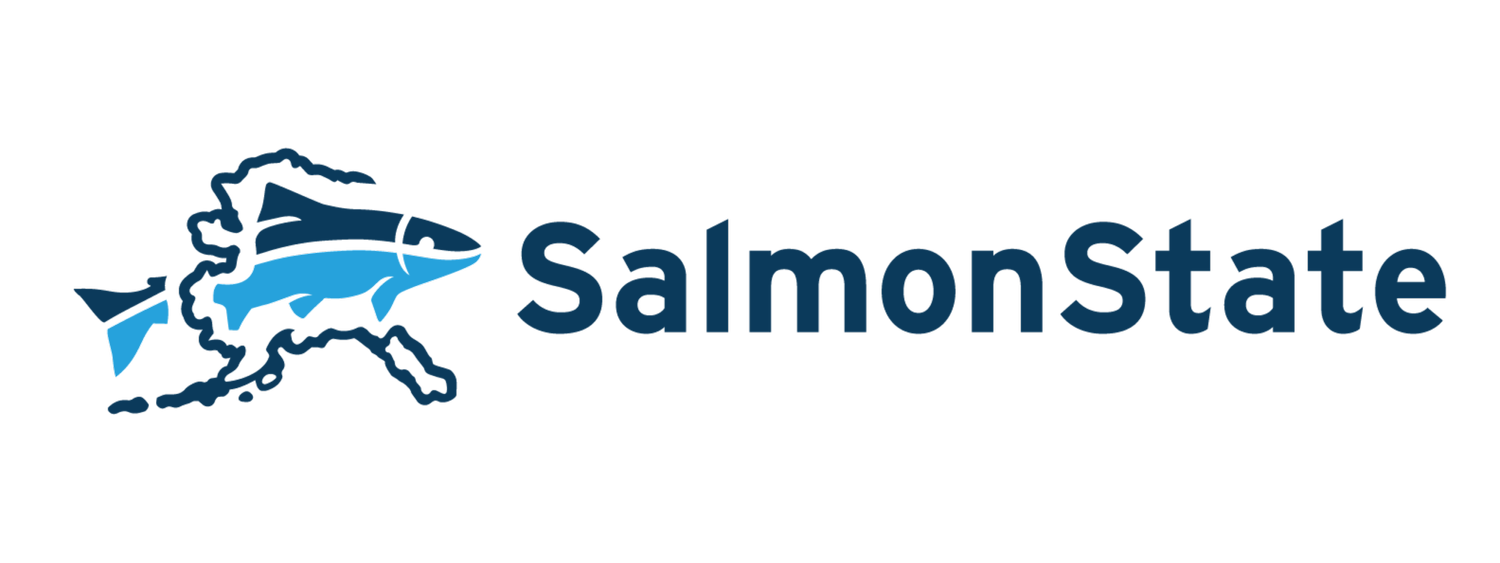SalmonState urges swift action on EPA’s proposed protections for Bristol Bay, Alaska
FOR IMMEDIATE RELEASE
HOMER— Today, as a record-breaking forecasted run of more than 70 million sockeye salmon make their way toward Bristol Bay, Alaska, the Environmental Protection Agency announced proposed protections for the region — which for more than two decades has been threatened by the ominous specter of the proposed Pebble Mine. SalmonState joins with Tribes, fishermen and Bristol Bay communities in urging the EPA to finalize these protections before the end of 2022.
“A massive open pit mine and waste site has no place at the headwaters of the most productive sockeye salmon habitat on the planet, and we are heartened that, once again, the EPA has recognized that,” said SalmonState Executive Director Tim Bristol. “Bristol Bay is still wild, pristine and breaking records when it comes to numbers of salmon returning. Today’s announcement is a key step towards what can and should be one of the Biden Administration’s signature achievements — protection of the world’s most productive and profitable wild salmon fishery.”
After years of study and two peer reviews, the Obama Administration determined the proposed Pebble Mine would cause unacceptable damage to Bristol Bay. They proposed protections for the region in 2014. Those protections were scuttled by the Trump Administration soon after a closed door meeting between then EPA Administrator Scott Pruitt and then Pebble CEO Tom Collier. After Pebble applied for a Clean Water Act dredge and fill permit, Americans from across the political spectrum came out against Pebble Mine, and in support of keeping Bristol Bay’s salmon habitat healthy. The Army Corps of Engineers denied Pebble its Clean Water Act dredge and fill permit in 2021. Pebble is currently appealing that denial, but even a permit denial does not permanently protect the region from the threat of Pebble. That’s where protections under the Clean Water Act come in.
Today’s announcement indicated EPA will conduct a 40-day public comment period, which will be open until July 5. It will also hold three public hearings, two in the Bristol Bay region and one virtually. The details of proposed protections will be publicly noticed in the Federal Register tomorrow, Thursday, May 26. Upon review of public comments, assuming the agency moves forward with protections for Bristol Bay, the EPA will next release a Recommended Determination, which will be followed by a Final Determination, establishing Clean Water Act 404(c) protections for Bristol Bay.

